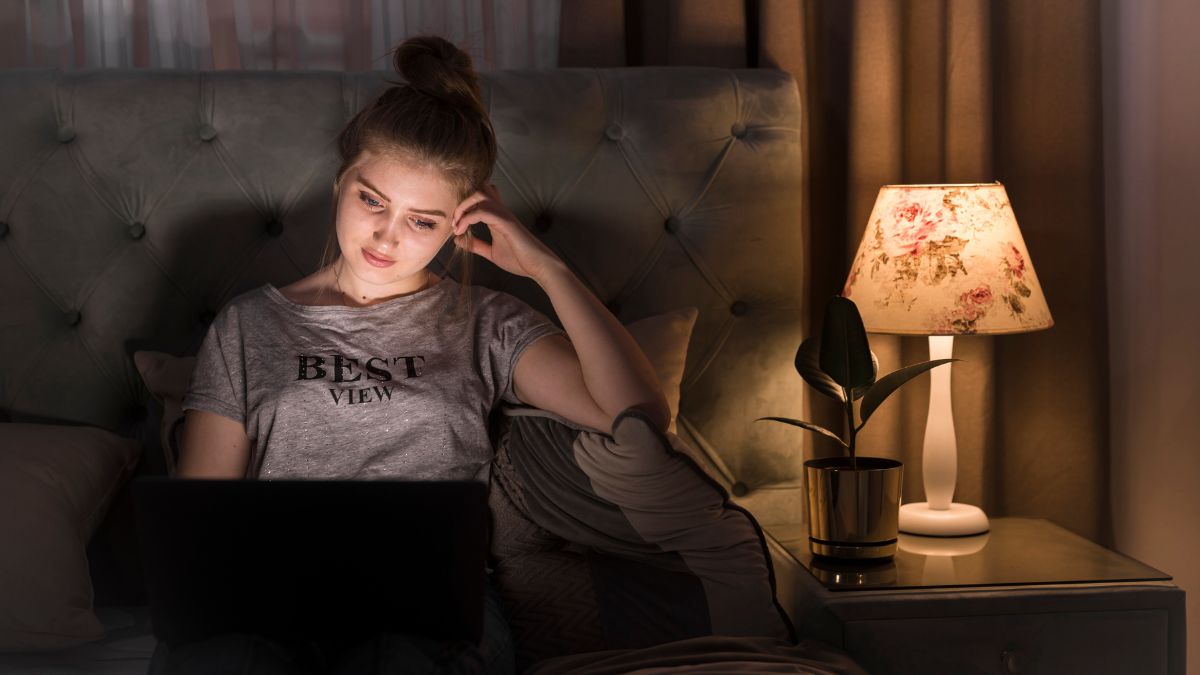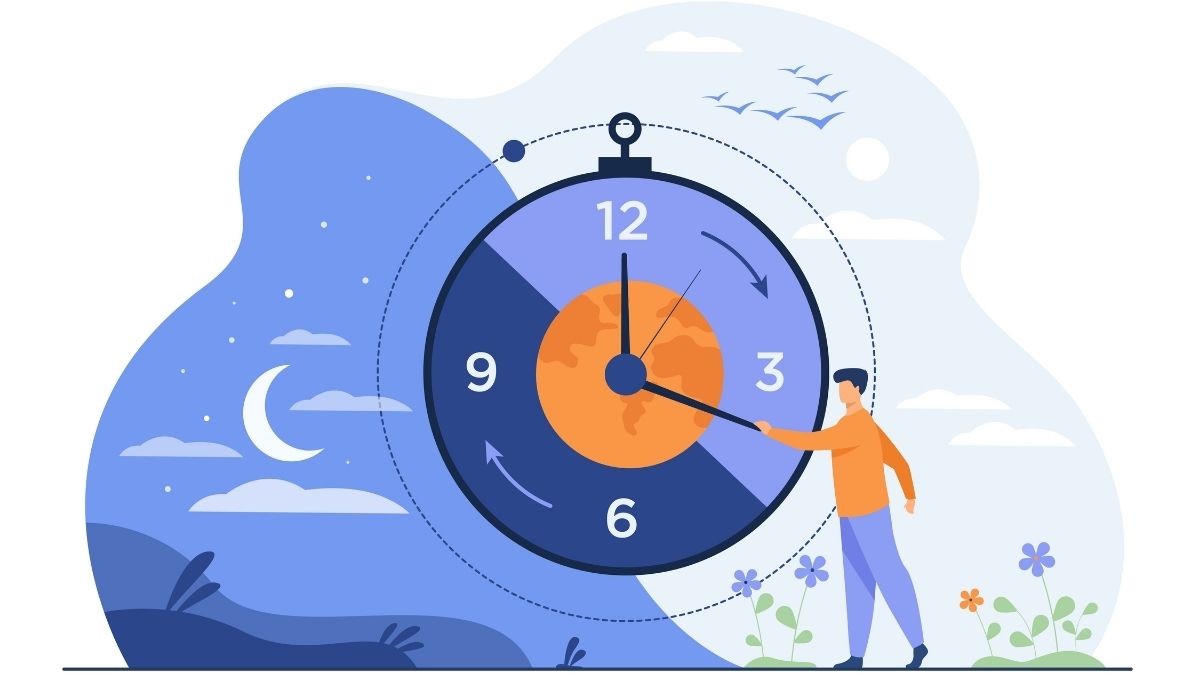
Have you ever entered a poorly lit room and instantly felt low? Light plays a much more significant role in our lives than we often realise. It influences our internal clock, mood, and overall well-being. Poorly lit rooms can have a profound impact on our sleep quality, productivity, and mental health. According to researchers from the Iranian University of Medical Sciences, lights that have a higher intensity increase conscious actions, attention and reaction time.
Table of Content:-
The Link Between Light And Our Internal Clock

Our bodies have an internal clock, which through years of evolution, is tuned to the clock of nature. Meaning, it feels like waking up when the day breaks and light floods the earth, and feels like going to sleep at nightfall. Exposure to natural daylight helps regulate this internal body clock, and its inadequacy leads to sleep disturbances.
Also Read: Want To Know Your Risk of Depression? Watch Your Body Clock
But with the advent of modern times, where pollution has made outside air toxic, and people are moving indoors to do their jobs, getting natural light is becoming increasingly difficult. More often than not, our indoor spaces are poorly lit, mainly due to a lack of knowledge and open spaces, or maybe because a lot of people prefer dim light. But this can be the reason for your lowered productivity, and a spike in sleep, due to the following reasons:
- Dimly lit spaces may subconsciously communicate a sense of relaxation and downtime, making it challenging to stay focused and productive.
- Struggling to see in poorly lit rooms can strain your eyes and make tasks feel more arduous. This physical fatigue can lead to a sense of laziness and reluctance to engage in activities.
- Exposure to natural light helps regulate serotonin levels, a neurotransmitter associated with mood regulation. Hence insufficient lighting can contribute to feelings of sadness or depression.
- Poorly lit environments can contribute to heightened stress levels, as they may create a sense of discomfort and unease.
- Dim lighting can also impair cognitive functions, such as memory, attention, and problem-solving skills. This can lead to feelings of mental sluggishness.
- Inadequate lighting can strain your eyes, leading to discomfort, headaches, and reduced visual acuity.
Well-Lit Rooms For Better Mental Health

Bad lighting can bring your mood down instantly. If you feel lazy, unproductive, sleepy, and depressed, without understanding the cause, it could be a sign that adjustment disorder is developing. To achieve a better-lit room, here are five tips for you:
- Maximise Natural Light: Whenever possible, position your workspace or living area near windows to maximise natural light exposure.
- Use Appropriate Artificial Lighting: Invest in good-quality lighting fixtures that provide adequate illumination for your tasks and activities.
- Balance Warm and Cool Lighting: Use a mix of warm and cool lighting to create a balanced and inviting atmosphere. You can also purchase bulbs that emit warm white light.
- Limit Evening Exposure to Blue Light: Reduce exposure to blue light from screens, phones, and tablets in the hours leading up to bedtime to promote better sleep. Avoid screen time at least two hours before bed, or at least use blue cut glasses, that prevent blue light from reaching our eyes.
- Take Breaks Outdoors: Spend time outdoors during the day, even if it's just a short walk. Natural daylight has numerous benefits for mental health.
Also Read: Chocolate for Breakfast? Learn How It Can Help You Beat Jet Lag
In conclusion, the lighting in your living and working spaces can significantly impact your sleep quality, productivity, and mental health. By optimising the lights in your house, you can enhance your overall well-being, feel more alert and motivated, and reduce the risk of sleep disturbances and mood-related issues. Brightening up your surroundings may be a simple yet powerful way to boost your mental and emotional health.
Also watch this video
How we keep this article up to date:
We work with experts and keep a close eye on the latest in health and wellness. Whenever there is a new research or helpful information, we update our articles with accurate and useful advice.
Current Version
